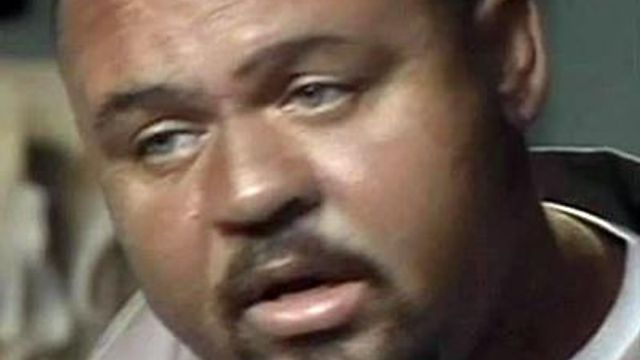State Supreme Court Won't Hear Murder Appeal on Bullet Evidence
The state Supreme Court will not hear the appeal of a Fayetteville man whose conviction in a 1984 double murder was based in part on evidence that scientists now say is unreliable.
Posted — UpdatedOn Jan. 25, the state Supreme Court refused to consider new evidence in the case of Lee Wayne Hunt.
Hunt, 48, is serving two life sentences for the slayings of Lisa and Roland Matthews.
Despite the recent setback, Hunt's attorneys told WRAL they are not giving up.
“I'm absolutely convinced he's innocent,” UNC Law Professor Kenneth Broun said.
Hunt has always maintained his innocence.
It was the only physical evidence connecting Hunt to the deaths.
Hughes, who put his law license in jeopardy by revealing the information, said Cashwell told him in 1985 that he alone killed the Matthewses. Hughes came forward after Cashwell's death.
A second defendant, Kenneth Wayne West, pleaded guilty to lesser charges in 1987 and was sentenced to three years in prison.
A fourth man involved in the case, Gene Williford Jr., was given immunity to testify against the others. He died in 2006.
The Supreme Court is the third court to reject Hunt's appeal of his 1986 conviction. In 2007, Cumberland County Superior Court Judge Jack Thompson refused to reopen the case, and the state Appeals Court did the same.
Hunt's attorneys said they will appeal the case in federal court and take it to the state's Innocence Inquiry Commission, established to investigate inmates' claims of innocence.
The state Supreme Court did not offer an explanation for its decision to not review the case.
• Credits
Copyright 2024 by WRAL.com and the Associated Press. All rights reserved. This material may not be published, broadcast, rewritten or redistributed.





